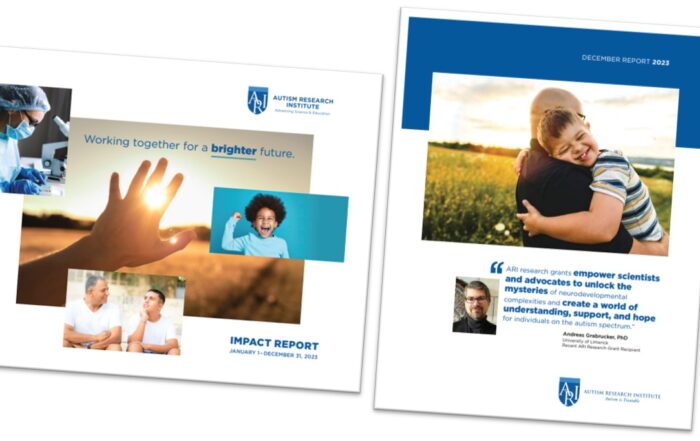A large-scale study from researchers in Sweden and Poland indicates that older adults with autism spectrum disorders (ASD) are at significantly higher risk than their non-autistic peers for a range of injuries and medical conditions.
Shengxin Liu and colleagues used two national registries in Sweden to study data on autistic and non-autistic individuals who were 45 years of age or older, excluding autistic individuals with chromosomal abnormalities. In all, their sample included more than 4 million adults, of whom 5,291 had a diagnosis of autism.

The researchers found that individuals with ASD had a higher risk of four of the five injuries they studied. Self-harm accounted for the greatest risk increase, followed by poisoning, falls, and other physical injuries.
Liu comments, “The risk of self-harm was worryingly high, a full seven times higher than in non-autistic people. Reasons behind this remain largely unknown. One possible contributing factor could be mental health conditions that commonly co-occur with autism, such as anxiety and depression.”
The researchers also found that individuals with ASD had an increased risk for 15 of the 39 physical conditions they studied. For example, they had three times the risk for anemia and glucose dysregulation and nearly double the risk for heart failure, type 2 diabetes, and chronic obstructive pulmonary disease (COPD).
The researchers say that with some exceptions, the increased risks for individuals with ASD occurred equally in individuals with and without intellectual disability, and across both sexes. They stress that more investigation is needed to determine the causes for these increased risks. One possible contributing factor, they say, is that many of these individuals have a history of long-term psychotropic drug use, which can affect physical health.
They conclude, “Our findings highlight the urgent need to understand the underlying reasons for these health burdens, design targeted screening and intervention programs, and promote older care to enhance quality of life for older autistic people.”
This article originally appeared in Autism Research Review International, Vol. 37, No. 3, 2023
ARI’s Latest Accomplishments
Connecting investigators, professionals, parents, and autistic people worldwide is essential for effective advocacy. Throughout 2023, we continued our work offering focus on education while funding and support research on genetics, neurology, co-occurring medical
Biomarkers start telling us a story: Autism pathophysiology revisited
Learn about emerging research on biomarkers and autism from a recent ARI Research Grant recipient. This is a joint presentation with the World Autism Organisation. The presentation by Dr.
Editorial – Bernard Rimland’s Impact: Sixty Years Since the Publication of ‘Infantile Autism’
In this milestone year of 2024, the Autism Research Institute commemorates the 60th anniversary of Dr. Bernard Rimland’s groundbreaking work, Infantile Autism: The Syndrome and Its Implications for a Neural Theory of




